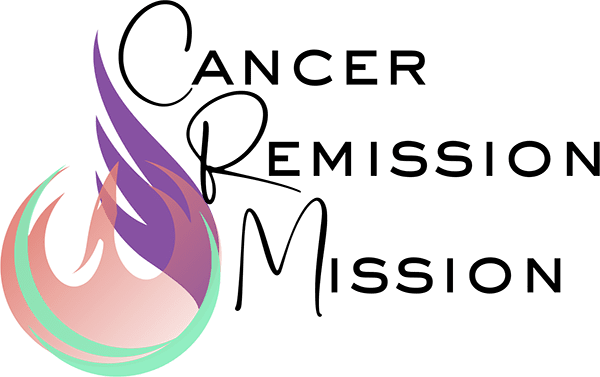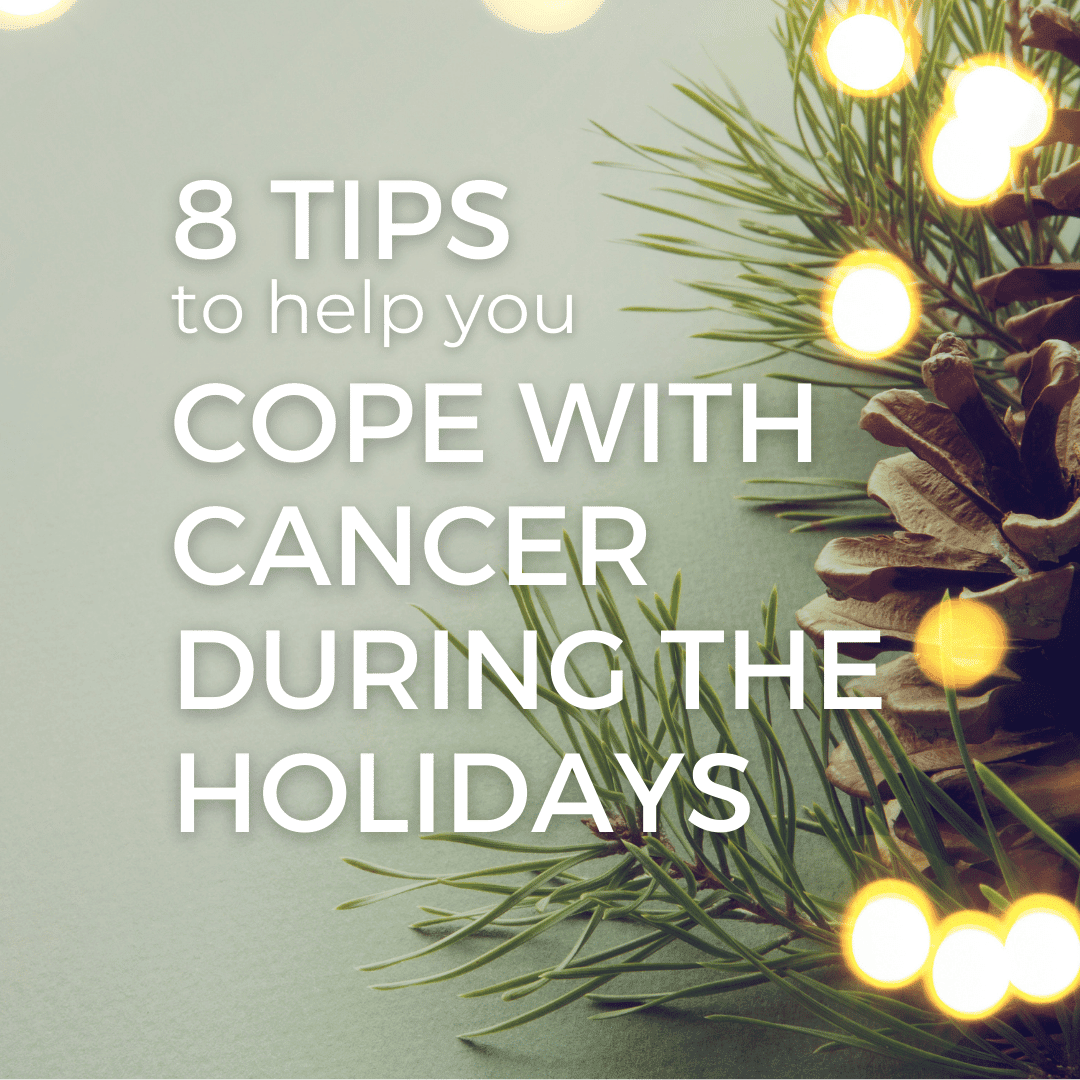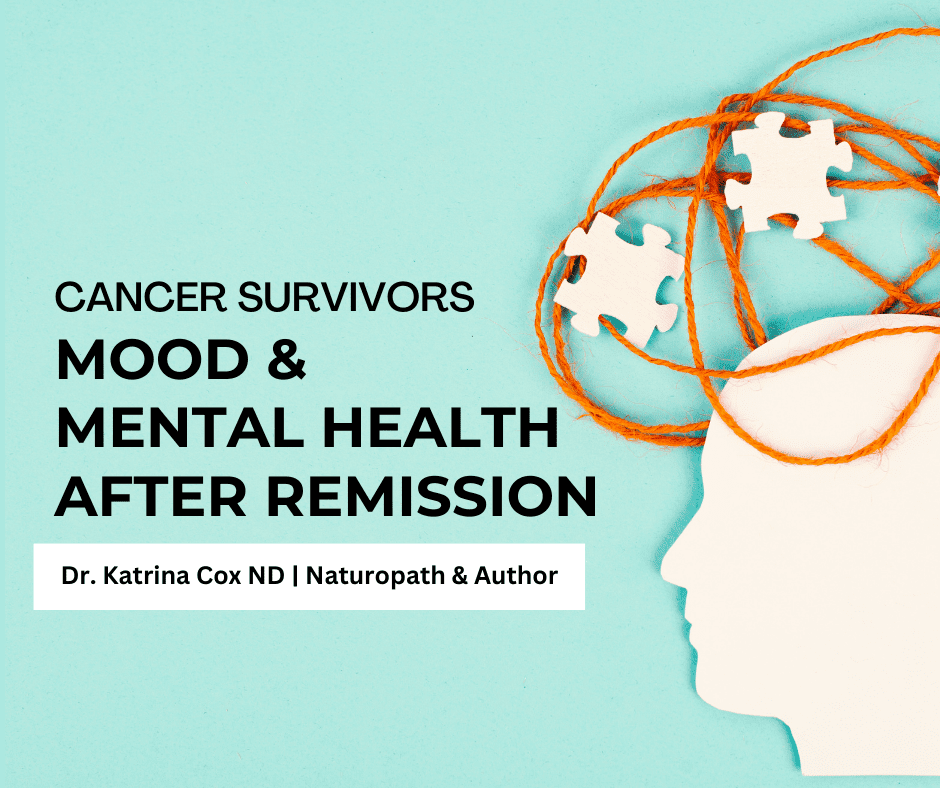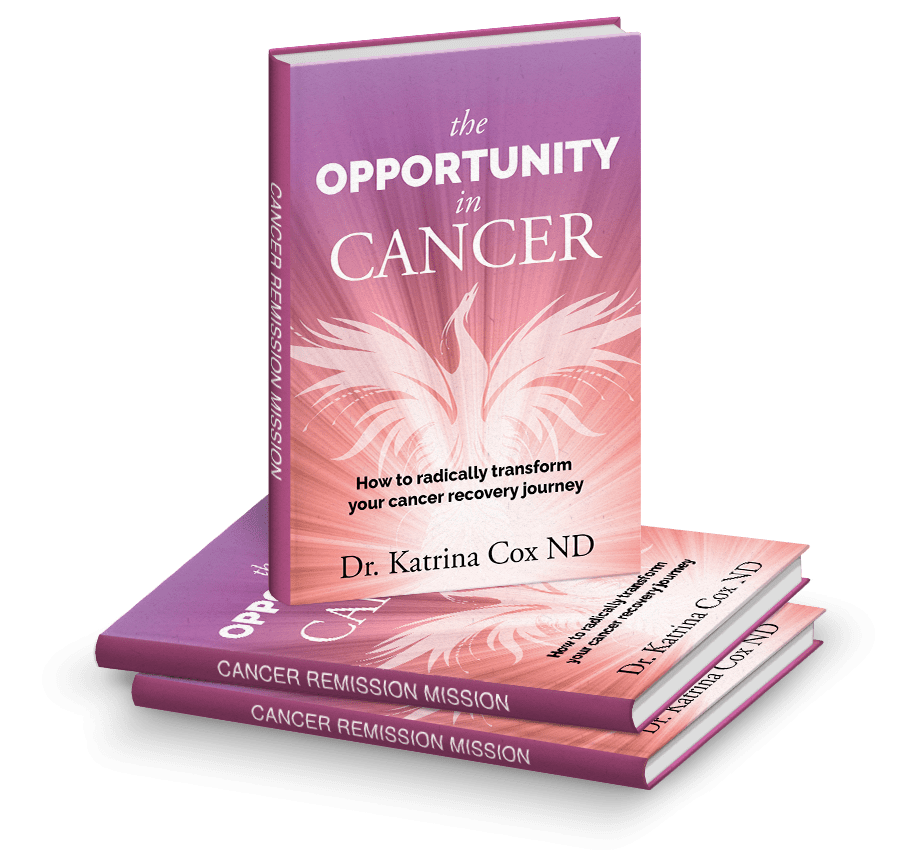Without question, good nutrition is at the foundation of the cancer recovery process. A lot of my patients and colleagues and friends come in looking for more energy. After treatment and remission, fatigue is something that lingers for a lot of cancer survivors. How do we really assess nutrition in order to be able to focus on building more energy?
In my last post, I shared the Nutrition Model that I use in my work with cancer survivors – it includes looking at our food choice from the lens of being Nourishing, Nurturing and Natural. I have also shared insights about why fad diets are generally not appropriate for cancer survivors, as many people are starting from a depleted state.
In this post, I will shift the focus to how to use nutrition to help recover and rebuild your physical energy, so that you can start thriving again.
Understanding the Basics of Nutrition
There are 2 words you likely hear when people talk about nutrition:
Macronutrients – The “big” nutrients in the food we eat. These include protein, carbohydrates and fats (which can be broken down even further into subcategories, but for today we will keep it simple and focus on these terms). What is important to know about macronutrients is that they provide your body with energy in the form of calories.
Micronutrients – The “small” nutrients in the food we eat. These include vitamins (Vitamin B12, Vitamin C, etc.) and minerals (iron, calcium, magnesium, etc.) Micronutrients don’t give us energy directly, but not having enough of a micronutrient can disrupt one of the physiological pathways that allow our body to have mental or physical energy.
When we are talking about rebuilding and recovering energy through nutrition, first and foremost, we need to focus on the macronutrients in our diet. Our foods are made up of a combination of all 3 macronutrients. Some foods are predominantly one or two macronutrients, like meat, which is mostly protein and some fat, or like bread, which is primarily carbohydrates. Whereas, other foods are a combination of all three, like milk and dairy products.
When we are working on creating better balance with nutrition to help with energy levels, the most important thing is to ensure we’re eating foods that provide us with the right combination of all three. When we have the right combination of all three at a meal it can help to limit cravings and stabilize blood sugars, which can help us have more consistent energy levels across the day.
“Craving” More
A 30 year old woman came to see me to talk about her nutrition. She wanted to cut down on the refined sugars in her diet to support her overall health, but she was having difficulty controlling her sugar cravings. In addition, she was experiencing extreme fatigue. We talked about the impact her food choices were having on her physiologically, the emotional component that was associated with the cravings, but more importantly, we talked about how her low protein intake was impacting her.
Originally, she came to me wanting to follow a vegetarian diet. Plant-based diets can offer a lot of health benefits, but in this young woman’s case, it wasn’t supporting her best health simply because it wasn’t giving her the right balance of macronutrients, primarily in terms of getting enough protein. She had been leaning very heavily on carbs up until that point, because they were easy plant-based choices. As a result of eating a high carbohydrate, low protein diet, her blood sugars were spiking up and down all day long. When this happens, it can make us feel exhausted at certain times of day. When her blood sugars, and her energy dipped, her body would crave sweets, keeping her trapped in this cycle. She wanted to be able to have freedom in her food choices.
In her situation, getting more protein into her meals was key to breaking the cycle.
Timing of meals
In North America, a lot of times we can struggle with timing for foods because we don’t always make time for eating. Our meals are often consumed around our work schedule or our other priorities. After cancer remission, a lot of people will start to go back to work and they’ll begin struggling with either energy levels because their meal routines are not ideal.
I see this happen with my husband. He starts work at 6:30 in the morning. He has to be up, dressed, get everything ready, including having his coffee and breakfast, before then. By the time he gets home at 5:00 PM at night, has dinner and winds down, he’s sometimes eating over a 20 hour period. Timing of when we eat is very important, especially in cancer remission.
There are some newer studies that are highlighting the benefits of fasting for cancer survivors. There is a great long-term study of breast cancer survivors where they were able to show that if people fasted for 13 hours and ate during an 11 hour window, they were able to cut down their cancer recurrence risk by almost 50%. This is a practical strategy that can have a big impact!
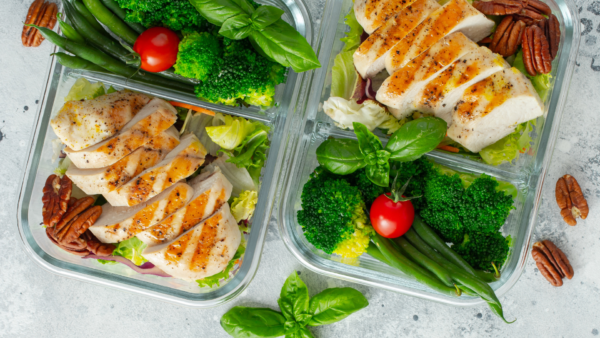 Now you may be wondering, “won’t I have more food cravings if I don’t eat for long periods?” In this particular study the fasting periods were not unreasonably long. Compared to intermittent fasting protocols in the diet world, these fasting windows are shorter. Also, there is some interesting research that suggests that food cravings are more than a result of just physiological deprivation of food to the body. Rather there may be a psychological component or a “conditioned response” to situations of food deprivation that triggers food cravings. When studied, they found that food cravings dissipated over the long-term. As long as the foods you are eating are well balanced and nourishing, short fasting windows like these can offer some long-term health benefits.
Now you may be wondering, “won’t I have more food cravings if I don’t eat for long periods?” In this particular study the fasting periods were not unreasonably long. Compared to intermittent fasting protocols in the diet world, these fasting windows are shorter. Also, there is some interesting research that suggests that food cravings are more than a result of just physiological deprivation of food to the body. Rather there may be a psychological component or a “conditioned response” to situations of food deprivation that triggers food cravings. When studied, they found that food cravings dissipated over the long-term. As long as the foods you are eating are well balanced and nourishing, short fasting windows like these can offer some long-term health benefits.
Key Takeaways for Rebuilding Your Energy Using Nutrition
- Consider the balance of protein, carbohydrates and fats (macronutrients) in your meals if you are experiencing frequent cravings for sweet and sugary foods.
- Consider the timing of your meals. Consider your day, when you’re the most hungry, when your energy dips, and the flow of your routines, and determine how to best include meals and snacks to give you consistent energy. Make eating well a priority; make sure that you have time for eating.
- Nutrition is more than what we eat, but also when we eat. Short windows of fasting have been shown to have some benefit to reducing the risk of cancer recurrence.
If you found this information helpful, be sure to also check out my next blog post – Should Weight-Loss be Part of Post-Cancer Treatment Care Plans? Alternatively, join our mailing list to receive updates about my upcoming program for cancer survivors, where we dive deeper into supporting your health using nutrition strategies.
